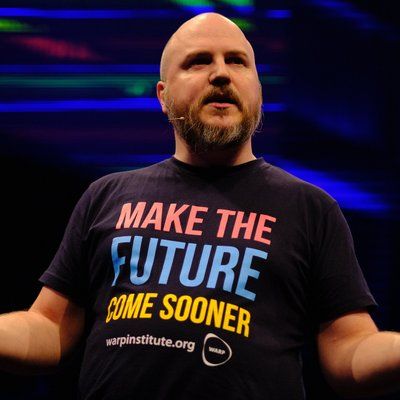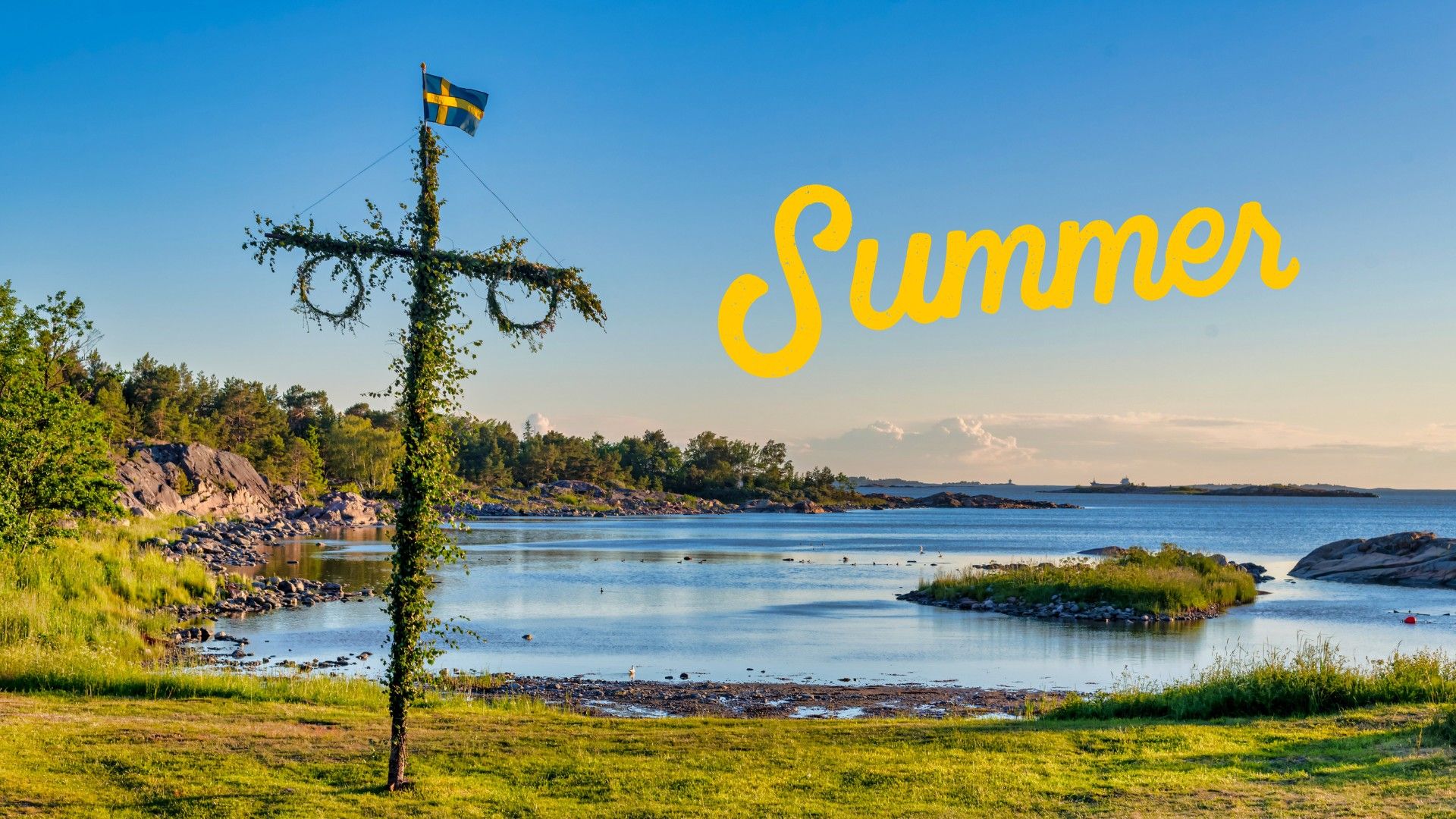📖 Will MacAskill: Think long term - act now
We spoke to the world-renowned philosopher about what the future deserves, why the future is likely to be good - and how you can impact it.
😎 Summer pace for a few weeks (+ some of our best articles for you to read this summer)
A slightly slower pace during the summer. News comes every other day. The newsletter will be bi-weekly. Until the end of July.
📚 Optimistic feelgood books for the summer
Book recommendations for the beach, hammock, or deck chair.
👨💻 The Angry Optimist's guide to ChatGPT
My tips and experiences for getting started and using ChatGPT. Both for beginners and slightly more advanced users.
🔋 The first prototype of the Energy Society will be built here
In Lund, in the south of Sweden, the first prototype for the Energy Society will be built and is expected to be operational next year.









